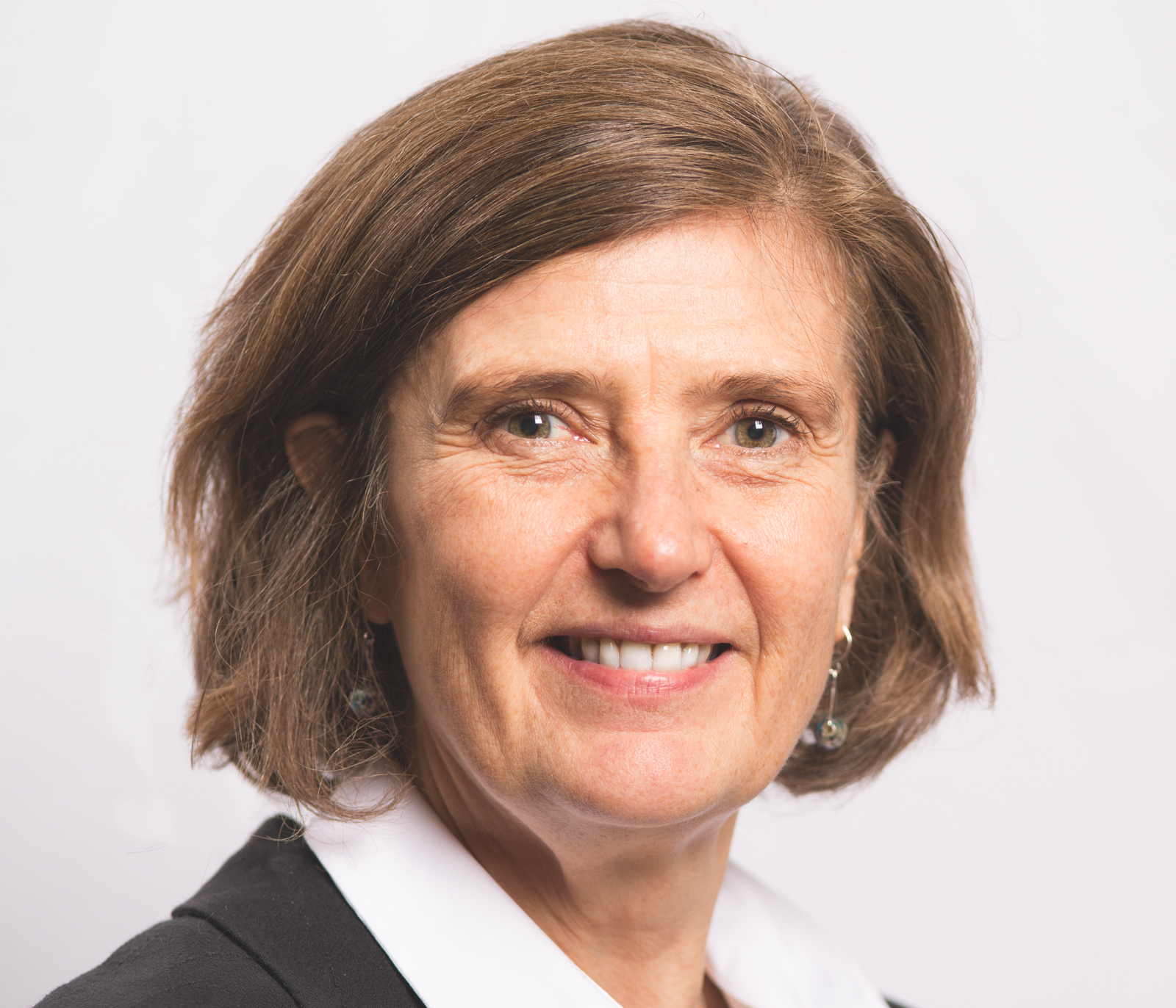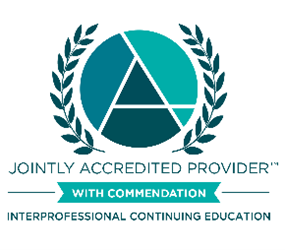
(ENDURING) Cultivating Regulation and Resilience Amid Ongoing Uncertainties and Inequities
Have you ever lived with more uncertainty than during the COVID-19 pandemic? Do you wonder how our unpredictable environment is affecting your students, and want to ensure that every student feels as safe and supported as possible?
The burdens created by the pandemic have been distributed unequally across populations. School Health Professionals (SHPs) require an understanding of how trauma and barriers to essential services are disproportionately impacting certain populations. Cultivating awareness of the effects that chronic uncertainty has on students and developing a vision of equity within their school environments will assist SHPs in providing comprehensive mental health supports and create a more equitable experience for all students.
Target Audience
School Nurse Managers in districts receiving CSHS grant funds, School Nurses, School Psychologists, Adjustment Counselors, and anyone interested in School Mental Health
Learning Objectives
After completing this course, learners will be able to:
- Describe the three phases of the William Bridges Transition Model.
- Provide two examples of how chronic uncertainty may manifest the in behaviors of children and adults.
- Identify one strategy to help build resilience.
- Identify one action to take to deepen understanding of equity.
Time | Topic(s) | Presenter(s) |
7 mins | Introductions and Opening Remarks | Karen Robitaille, MSN, RN, NCSN Erin Sivak, MSN, BSN, RN |
25 mins | Episode 1: Regulation and Resilience
| Courtney Tucker, LICSW, PhD
|
15 mins | Episode 2: Regulation and Resilience (Continued)
| Courtney Tucker, LICSW, PhD |
16 mins | Episode 3: Equity
| Courtney Tucker, LICSW, PhD |
15 mins | Episode 4: Creating Equity in the Classroom
| Courtney Tucker, LICSW, PhD |
Complete evaluation and claim credit | ||
Not ready to register? Listen first on Spotify, Apple, Stitcher, or wherever you get your podcasts
Boston University Chobanian & Avedisian School of Medicine asks all individuals involved in the development and presentation of Accredited Continuing Education activities to disclose all financial relationships with ineligible companies. This information is disclosed to all activity participants prior to the start of the educational activity. Boston University Chobanian & Avedisian School of Medicine has procedures to mitigate all relevant financial relationships with ineligible companies. In addition, faculty members are asked to disclose when any unapproved use of pharmaceuticals and devices is being discussed.
In accordance with the Standards for Integrity and Independence in Accredited Continuing Education, all relevant financial relationships with ineligible companies that faculty, planners, authors, and anyone who may be in control of content has been mitigated.
No faculty has any financial relationships to disclose.
None of the speakers or planners or anyone in control of content for this accredited continuing educational activity have any relevant financial relationships since the content does not relate to any products or services of an ACCME-defined ineligible company; therefore, there are no relevant financial relationships to disclose or mitigate.
Faculty/Speakers
 Karen Robitaille, MBA, MSN, RN, NCSN
Karen Robitaille, MBA, MSN, RN, NCSN
Director of School Health Services
Courtney Tucker, LICSW, PhD
Associate Director for Business and Partnership Development
Bridge for Resilient Youth in Transition (BRYT)
Paul Hyry-Dermith, Ed. D
Director
Bridge for Resilient Youth in Transition (BRYT)
Course Planner
 Erin Sivak, MSN, BSN, RN
Erin Sivak, MSN, BSN, RN
Assistant Director
BU SHIELD
CNE Nurse Planner
 Beverly Heinze-Lacey, MPH, BSN, RN
Beverly Heinze-Lacey, MPH, BSN, RN
Director, BU SHIELD
SHIELD Program Manager: Lesly Zapata, MPH
 In support of improving patient care, Boston University Chobanian & Avedisian School of Medicine is jointly accredited by the Accreditation Council for Continuing Medical Education (ACCME), the Accreditation Council for Pharmacy Education (ACPE), and the American Nurses Credentialing Center (ANCC), to provide continuing education for the healthcare team.
In support of improving patient care, Boston University Chobanian & Avedisian School of Medicine is jointly accredited by the Accreditation Council for Continuing Medical Education (ACCME), the Accreditation Council for Pharmacy Education (ACPE), and the American Nurses Credentialing Center (ANCC), to provide continuing education for the healthcare team.
Nursing Contact Hours: 1.50 contact hours, of which 0 are eligible for pharmacology credit.
SHIELD is a DESE-approved provider for PDPs. PDP certificates are issued for programs/series lasting 10 or more hours on a topic. CNE certificates are also issued for eligible courses. Learners may use CNE certificates toward PDPs.
| Course Release Date: | 01/26/2022 |
| Material Reviewed: | 11/21/2022, 11/16/2023, 7/9/2024 |
| Course Expiration Date: | 06/30/2025 |
Available Credit
- 1.50 ANCC
- 1.50 Participation
Price
Not ready to register? Listen first on Spotify, Apple, Stitcher, or wherever you get your podcasts
Disclaimer
THIS CONTINUING EDUCATION PROGRAM IS INTENDED SOLELY FOR EDUCATIONAL PURPOSES FOR QUALIFIED HEALTH CARE PROFESSIONALS. IN NO EVENT SHALL BOSTON UNIVERSITY BE LIABLE FOR ANY DECISION MADE OR ACTION TAKEN IN RELIANCE ON THE INFORMATION CONTAINED IN THE PROGRAM. IN NO EVENT SHOULD THE INFORMATION CONTAINED IN THE PROGRAM BE USED AS A SUBSTITUTE FOR PROFESSIONAL CARE. NO PHYSICIAN-PATIENT RELATIONSHIP IS BEING ESTABLISHED. IN NO EVENT SHOULD INFORMATION IN THE MATERIALS REGARDING LAWS, REGULATIONS, OR LEGAL LIABILITY BE CONSIDERED LEGAL ADVICE OR USED AS A SUBSTITUTE FOR CONSULTING WITH AN ATTORNEY.
Copyright
This material is copyrighted by the Massachusetts Department of Public Health (MDPH). MDPH grants permission for use of these materials for non-commercial educational use only, provided credit is given to the MDPH. Modification of content is permitted only with prior approval of the MDPH School Health Unit.

 Facebook
Facebook X
X LinkedIn
LinkedIn Forward
Forward